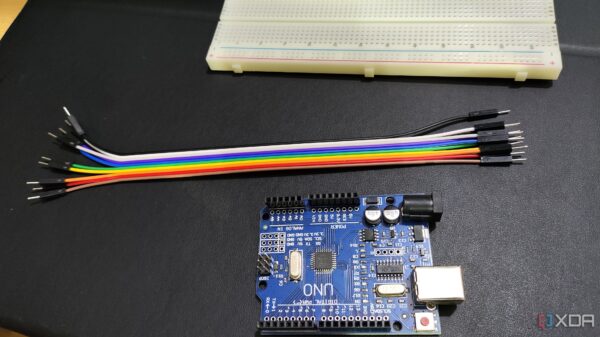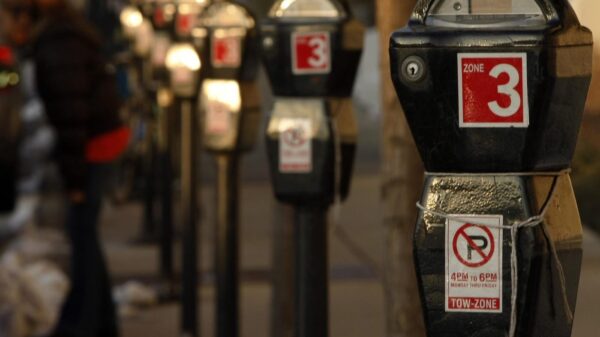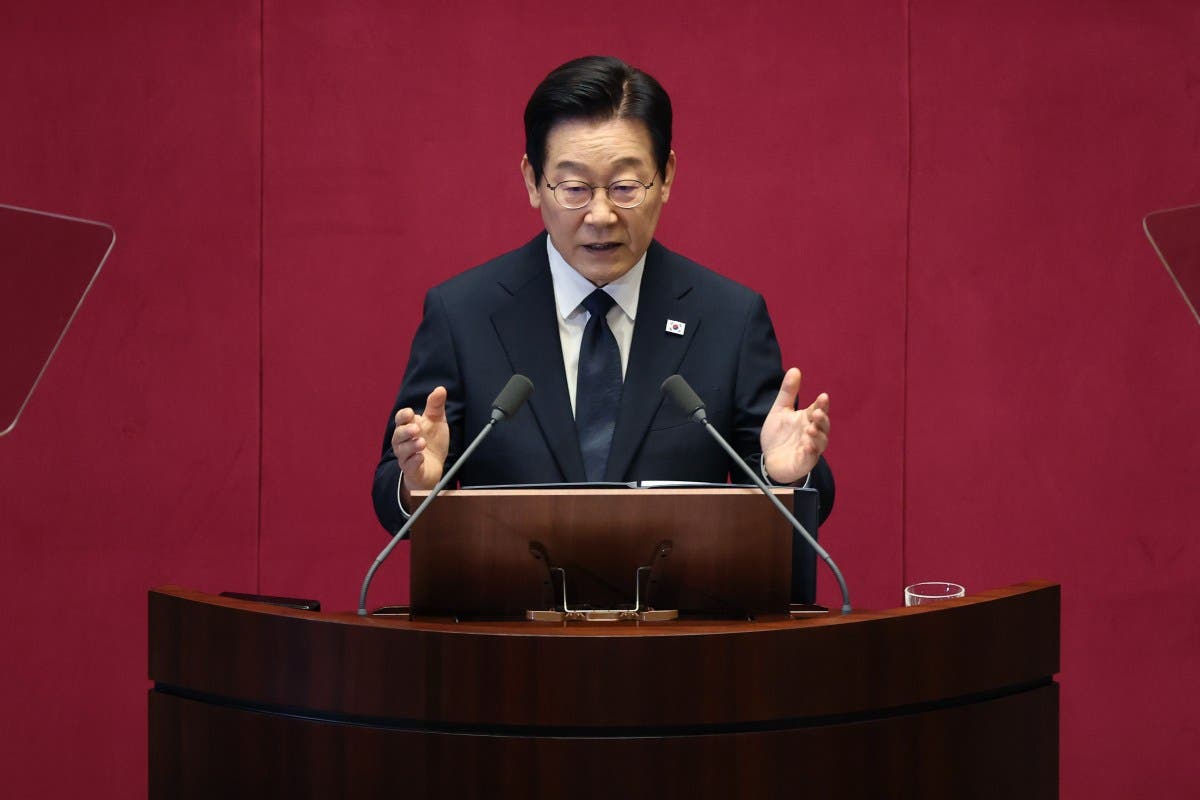South Korean President Lee Jae-myung has instructed law enforcement to intensify efforts against online hate speech, asserting that such conduct “crosses the boundary of freedom of expression.” This directive comes amid a surge in anti-foreigner sentiment, especially targeting Chinese nationals, coinciding with large-scale protests by conservative factions in the lead-up to the Asia-Pacific Economic Cooperation summit held in Busan last month.
The context of these developments is significant. The number of foreign nationals residing in South Korea for at least three months reached a record 2.58 million last year, constituting approximately 5 percent of the country’s population. This demographic shift has triggered heightened anxieties within a society that has historically been one of the world’s most homogenous.
During a Cabinet meeting on Tuesday, Lee highlighted the “rampant” nature of hate speech and disinformation on social media, emphasizing that these issues pose a threat to democracy and the daily lives of citizens. “Acts such as distorting or manipulating facts and spreading racial hatred or discrimination must be regarded as a crime,” he stated. Lee noted that police have a “particularly important role” in combating these behaviors.
The President was also asked by Gender Equality Minister Won Min-kyung whether senior officials, including the head of the National Human Rights Commission, could face penalties for hate speech. Lee affirmed that all senior officials would be held to the same standards as other public officials. The current chair, Ahn Chang-ho, has faced backlash for previous anti-LGBTQ+ remarks, igniting concerns regarding the potential misuse of anti-discrimination laws.
In a further step to reinforce these measures, Lee approved a proposal from Personnel Management Minister Choi Dong-suk to enable the immediate dismissal of civil servants found guilty of engaging in hate speech. According to reports from the Korea Times, Lee urged that this rule should be implemented as soon as possible.
The issue has also drawn international attention. Dai Bing, the Chinese ambassador to South Korea, remarked during a forum in Seoul that far-right groups in Korea are disseminating disinformation about China, organizing protests that could harm bilateral relations and tarnish South Korea’s image.
Looking ahead, South Korea and Japan remain the only countries among the Organization for Economic Co-operation and Development that lack comprehensive anti-discrimination laws. During the Cabinet meeting, Lee expressed his support for Justice Minister Jung Sung-ho in advocating for parliamentary discussions on such legislation, proposed to mirror frameworks established in Japan and Europe. Additionally, Lee indicated that the country should work towards abolishing a clause in its criminal defamation law that permits the punishment of factual statements, advocating that these disputes should be addressed in civil court instead.
As South Korea navigates these complex social dynamics, the government’s actions against online hate speech will be closely monitored for their impact on both domestic harmony and international relations.




































































